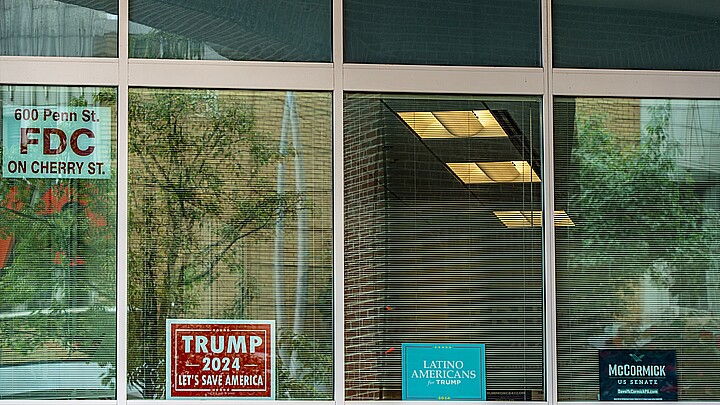Politics
New Jersey Senate committee approves legislation to set prescription price controls
Proponents say S-329 would protect New Jerseyans from high prescription drug costs. But critics say it doesn’t present a holistic solution to controlling costs
March 11, 2022 2:55pm
Updated: March 11, 2022 5:40pm
The New Jersey Senate Health, Human Services and Senior Citizens Committee approved legislation to establish the Prescription Drug Affordability Board.
Proponents say S-329 would protect New Jerseyans from high prescription drug costs. But critics say it doesn’t present a holistic solution to controlling costs.
“Prices for prescription drugs have been extremely high, making it nearly impossible for some patients to afford medications they need to survive, with or without insurance,” state Sen. Jim Beach, D-Camden/Burlington, said in a statement. “Establishing a board to ensure that NJ residents, healthcare providers, licensed pharmacies and other stakeholders within the State health care system are protected from the high costs of prescription drug products is essential.”
The bill allocates $1 million annually to establish the Prescription Drug Affordability Board within the Division of Consumer Affairs in the Department of Law and Public Safety. The board includes five public members and three alternate public members with expertise in health care economics or clinical medicine.
“This legislation singles out one industry in a very complex health-care delivery market to attempt to control costs,” Chrissy Buteas, chief government affairs officer for the New Jersey Business & Industry Association (NJBIA), said in written testimony.
“Rather than taking a holistic, systemwide approach to finding a solution to control consumer costs, the proposed Affordability Board focuses on one particular sector of the healthcare industry,” Buteas added. “The pricing of healthcare is much more complex than setting a mechanism to establish price controls for one segment of a multi-level healthcare sector.”
According to lawmakers, several other states, including New York and Ohio, have created similar boards.










